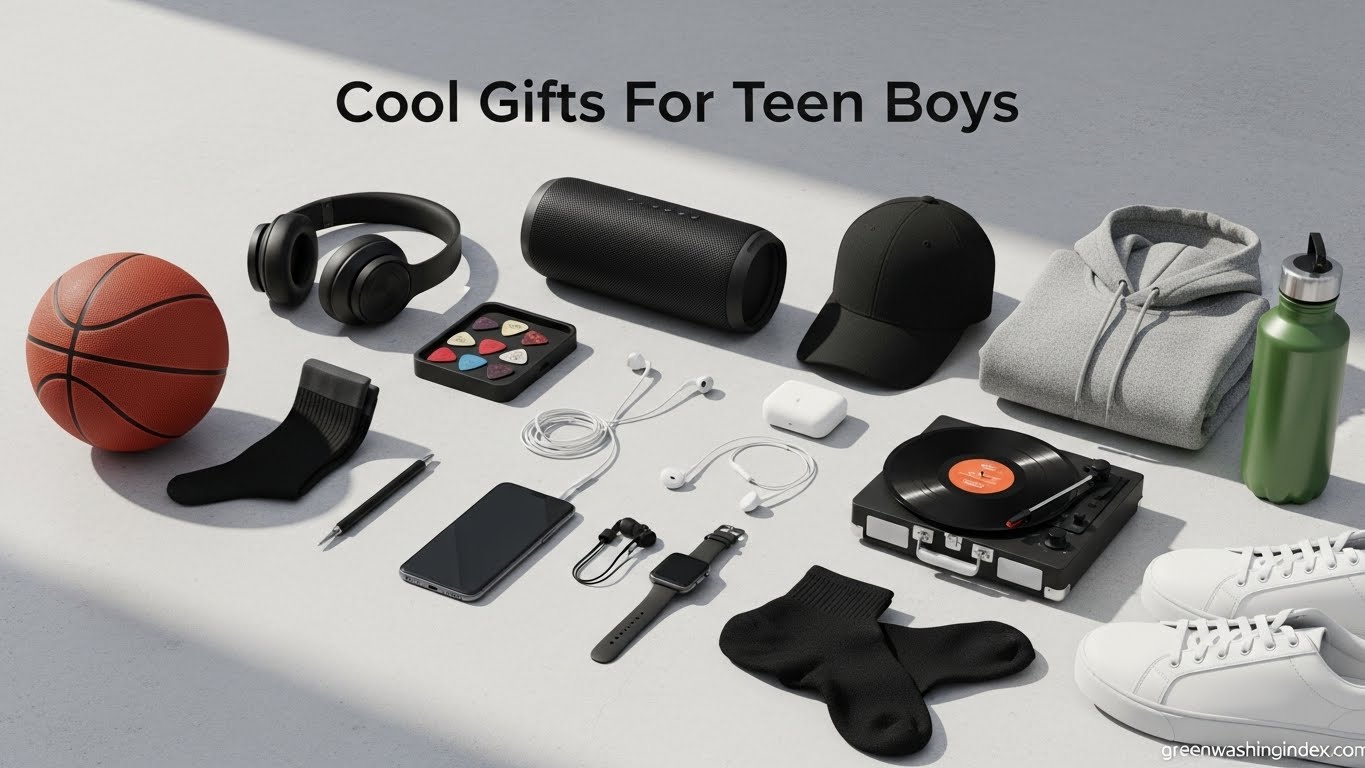

Sustainability has become such a buzzword in corporate circles that it is easy to perceive it as a gimmick. Many greenwashing companies engage in ill-thought-out sustainability initiatives that misrepresent the actual results. Women’s health products are not immune from this trap.
Check out this US EPA data. We discard almost 20 billion single-use menstrual products annually. It creates 240,000 tonnes of solid waste. Many women’s health products, from sanitary pads to pregnancy tests and skin creams, worsen this figure.
Amid the deepening climate crisis, we cannot afford to be cavalier about our everyday choices. The impact of climate change is grave and far-reaching, manifesting as more natural calamities and an impending food and nutrition crisis.
Here are three ideas for making more environmentally considerate choices in women’s health products.
It is stressful switching from a period product you have used for years, like disposable pads. Unfortunately, non-organic pads have the maximum global warming potential among other period products and use the most resources. Many comfortable options are now available that are also sustainable and biodegradable.
Among available climate-friendly period products, the menstrual cup has an edge. Typically, you may use it for up to ten years. The European Commission has established the “EU Ecolabel” for hygiene products with minimal environmental impact. Menstrual cups fit well here due to their low carbon footprint.
Note that menstrual cups require extra caution during use. The BBC recommends periodic sterilization and education about inserting the cup correctly. You can also consider using period pants; they last for 2-3 years. Using a mix of products based on your comfort is better than relying only on disposables.
A recent KFF survey found that male condoms and birth control pills continue to be the most popular form of contraception in the US. Interestingly, around 23% of women stated that they would use a different approach, like an intrauterine device or implant if cost and other factors were not a concern. Among these other factors are a concern about side effects and their partner’s unwillingness.
Long-acting reversible contraception offers women a more liberating choice since they don’t need to remember to take daily pills. Its sustainability advantage is also significant since it needs limited packaging. If more women embrace options like an IUD or implants, manufacturers can reduce their dependence on single-use plastic. It will significantly reduce the global plastic waste crisis which is taking over the world.
Your medical professional can guide you on the appropriate approach based on your health and specific considerations. They can also advise you on any side effects you may experience. For example, Planned Parenthood notes that IUDs may cause spotting between periods in the first few months.
Although most long-term contraception is generally safe, some options require additional caution. Be wary of controversial products like Depo-Provera, a contraceptive injection manufactured by Pfizer. Many women connect it to a high risk of brain tumors and are even pursuing a Depo-Provera lawsuit sign up. It needs corresponding medical records and physician diagnoses that connect contraception to malignancy.
According to TruLaw, consumers must be proactive about holding manufacturers accountable for disclosing the side effects of their healthcare products. Thanks to advancing research, one can expect safer and more sustainable contraceptive options in the future.
Lotions are another category of women’s health and wellness products that contribute substantially to the plastic crisis. Many stick to single-use packaging. Some companies use ingredients with questionable sourcing and non-sustainable business practices.
You can explore lotions that steer clear of synthetic ingredients and prioritize waste reduction. The chemicals to be careful of are sulfates, dyes, and parabens. Instead, look for natural replacements like coconut oil and jojoba oil. They can be helpful for many conditions like dry and irritated skin or itchiness.
Some skin products are available in reusable glass jars or use only biodegradable packaging. Other options are compostable cardboard tubes. Similar to lotions, lipstick and perfume makers are also exploring zero-waste practices. For example, you can find refillable lipsticks.
In this context, let’s remember that mindful purchase decisions are core to sustainable living. Real Simple recommends using our existing products to the end rather than giving in to the temptation of getting a new product.
For example, pursuing zero-waste lotion brands and ditching the current items you own will only generate more waste. Subsequently, you can practice mindful shopping, like buying multipurpose beauty products (think lipstick and blush).
We also recommend being cautious of false claims that are unfortunately abundant in this sector. Every “organic” product may not be right for you, and a company that claims to follow a circular model may use the term only in a strategic sense.
Women’s health products are a prime component of monthly shopping. Regardless of how frugally you live, you will need products for your period, beauty needs, and reproductive health. Being conscious of the sustainability quotient of our chosen products can make a concrete difference.
